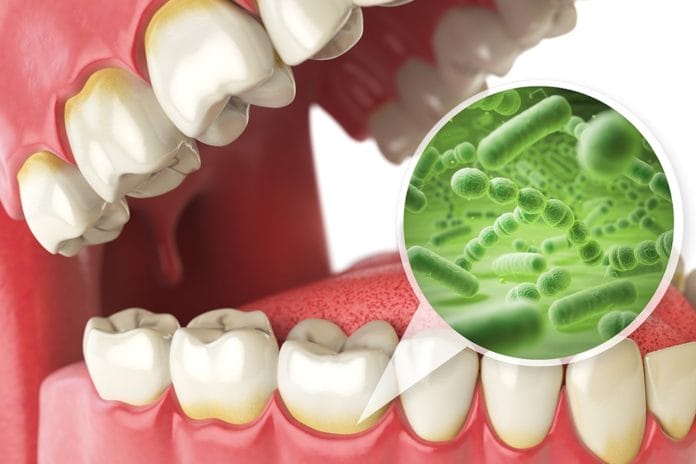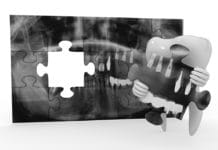We all know that dental hygiene is important and that brushing and cleaning in between your teeth (interdentally) is necessary. But did you know that poor oral hygiene could cause more than just bad breath or tooth decay? In fact, poor oral health can lead to some serious health conditions. There’s a reason why it is said that our mouth is the window to the rest of our body, and boy does that window show a lot!
Brushing and cleaning interdentally isn’t only for us to have pleasant breath and good-looking teeth. Studies have linked poor oral health to some serious health conditions such as Alzheimer’s, heart disease, and diabetes.
How are these Related?
The oral cavity produces and collects many types of bacteria, some of which belong there to make up the normal flora of the mouth. The spreading of these bacteria, and other germs from the mouth, to other parts of the body through the bloodstream can increase your risk for Alzheimer’s, heart disease, and diabetes, amongst other health conditions. When these bacteria reach the heart or brain, they can attach themselves to any damaged area, causing inflammation (elevated C-reactive protein) and/or triggering the immune system response causing it to release chemicals that can kill neurons.
Who is at Risk?
Patients with gingivitis or advanced periodontal disease have the highest risk for heart disease, Alzheimer’s, and diabetes. Even if you don’t have noticeable symptoms, poor oral hygiene, and accumulated plaque automatically put you at risk for gum disease. According to the Centers for Disease Control and Prevention (CDC), half of Americans 30 years of age or older have periodontitis, and 80% of Americans have gingivitis.1
The main causes of gum disease are improper oral hygiene that allows the bacteria in plaque and calculus to remain on the teeth, therefore infecting the gums.
There are other factors that increase the risk of developing gingivitis or periodontal disease. Here are some of the most common factors2:
- Alcohol affects oral defense mechanisms
- Stress
- Poor nutrition
- Smoking or chewing tobacco (prevents the gum tissue from healing)
- Hormonal changes (pregnancy and menopause)
- Medications
- Infrequent or no dental care
What are the Signs?
According to the American Association of Periodontology (AAP), the signs for gum disease are3:
- Red and swollen gums
- Gums that bleed when you eat, brush or floss
- Bad taste in the bad or continuous bad breath
- Loose teeth
- Pus or other signs of infection around the gums and teeth
There are many steps that can be taken to keep healthy teeth and to prevent gum disease. For example, gum disease can be greatly reduced by:
- Brushing your teeth with fluoride toothpaste twice a day for at least two minutes
- Cleaning in between your teeth at least once a day.
- Avoiding tobacco products
- Drinking fluoridated water
- Eating a diet high in fruits and vegetables
- Getting routine check-ups and preventive care at the dental office
Your smile, gums, and overall health depend on simple dental care habits, such as brushing, flossing, rinsing with mouthwash, and regular dental check-ups. By being proactive with your oral health, you can protect yourself from developing a connection between oral health and serious health conditions, such as Alzheimer’s, heart disease, and diabetes. Anytime you want to skip brushing your teeth at night or flossing, remember that you are impacting your overall health by doing so. Keeping your mouth healthy is a lifelong commitment. The earlier you learn proper oral hygiene habits, the easier it will be to not only avoid costly dental procedures, but it will also be of great help to your overall health.
It is never too late to start practicing good oral habits! And remember, our mouth is a window to the rest of our body. Keep your smile healthy!
Now Listen to the Today’s RDH Dental Hygiene Podcast Below:
References
- Periodontal Disease. Centers for Disease Control and Prevention. 2013. Retrieved from https://www.cdc.gov/oralhealth/conditions/periodontal-disease.html
- Gingivitis. Mayo Clinic. 2019. Retrieved from https://www.mayoclinic.org/diseases-conditions/gingivitis/symptoms-causes/syc-20354453
- Gum Disease Risk Factors. American Academy of Periodontology. 2019. Retrieved from https://www.perio.org/consumer/gum-disease-risk-factors











